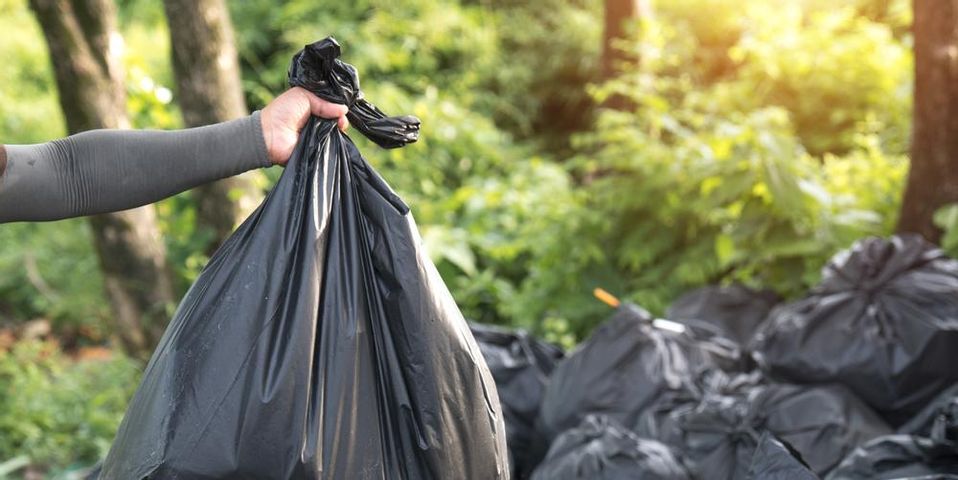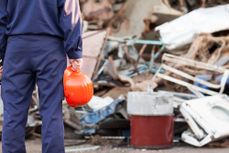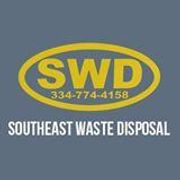The Difference Between Hazardous & Non-Hazardous Waste

When it comes to waste disposal services, many companies refuse to transport or dispose of hazardous waste materials. The problem is, not everyone understands the difference between hazardous and non-hazardous materials. Use the information below as a guide before you seek out a waste disposal company.
Guide to Hazardous & Non-Hazardous Waste Materials
Hazardous Waste Materials
Hazardous waste refers to any solid or liquid waste that is potentially harmful to people or the environment. Many items fall under this category, but there are some common ones to consider. Ignitable substances are everything from gasoline to propane, or anything that could easily catch flame when exposed to heat. Corrosive materials include acids or bases, or any product containing an acid or base, such as drain cleaners and batteries. Soil can also be contaminated by lead, mercury, arsenic, pesticides, and metals. Contaminated soil is commonly found in or near foundries, mining areas, paint factories, and agricultural centers.
Non-Hazardous Waste Materials
Most of the items people consider household trash is non-hazardous. In most cases, food waste is not dangerous and can be easily disposed of in a landfill or factory. The major exceptions are used oil and cooking grease. Most furniture is made from wood or metal, which isn’t harmful to people or the environment. This includes sofas, chairs, tables, and beds. If you’ve cut, trimmed, or shredded any trees or plants, it is also considered nonhazardous.
If you need commercial waste removal services in Abbeville, Andalusia, Daleville, Enterprise, Geneva, Ozark, or Troy, AL, Southeast Waste Disposal can help. Their experienced team offers competitive rates and quality, on-time trash removal for businesses throughout the Wiregrass area. If you need further clarification on what constitutes hazardous and non-hazardous waste, call (334) 774-4158 to speak to one of their waste disposal professionals or visit them online today.
About the Business
Have a question? Ask the experts!
Send your question

